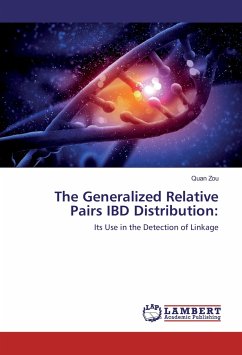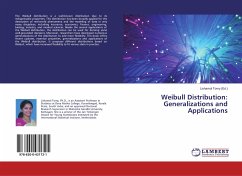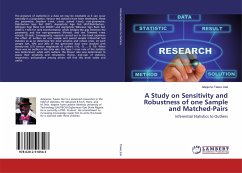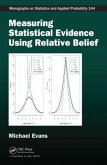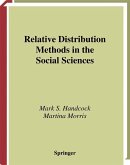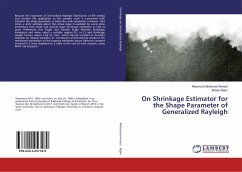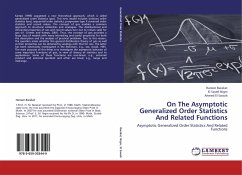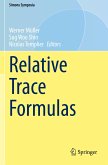Quan Zou introduces a novel approach to derive the distribution of disease affectional status given alleles identical by descent (IBD) sharing through ITO method for both dichotomous trait and quantitative trait locus (QTL). The approach tremendously simplifies the calculation of the affectional status distribution compared to the conventional method which requires the parental mating information. This distribution is shown to be independent of relative relationship and be employed to develop the marker IBD distributions, based on which, three linkage tests: the proportion, the mean test, and the LOD score test are proposed. Monte Carlo simulation studies have been conducted in order to evaluate the performance of the tests for different relative relationships. Finally, the distribution of disease affectional status is extended to the two-locus model: Quan Zou demonstrates that the ITO matrices at the two loci are decomposed under independence assumption, so that the affectional status distribution given IBD sharing at two loci can be determined through each contributing locus.
Bitte wählen Sie Ihr Anliegen aus.
Rechnungen
Retourenschein anfordern
Bestellstatus
Storno

